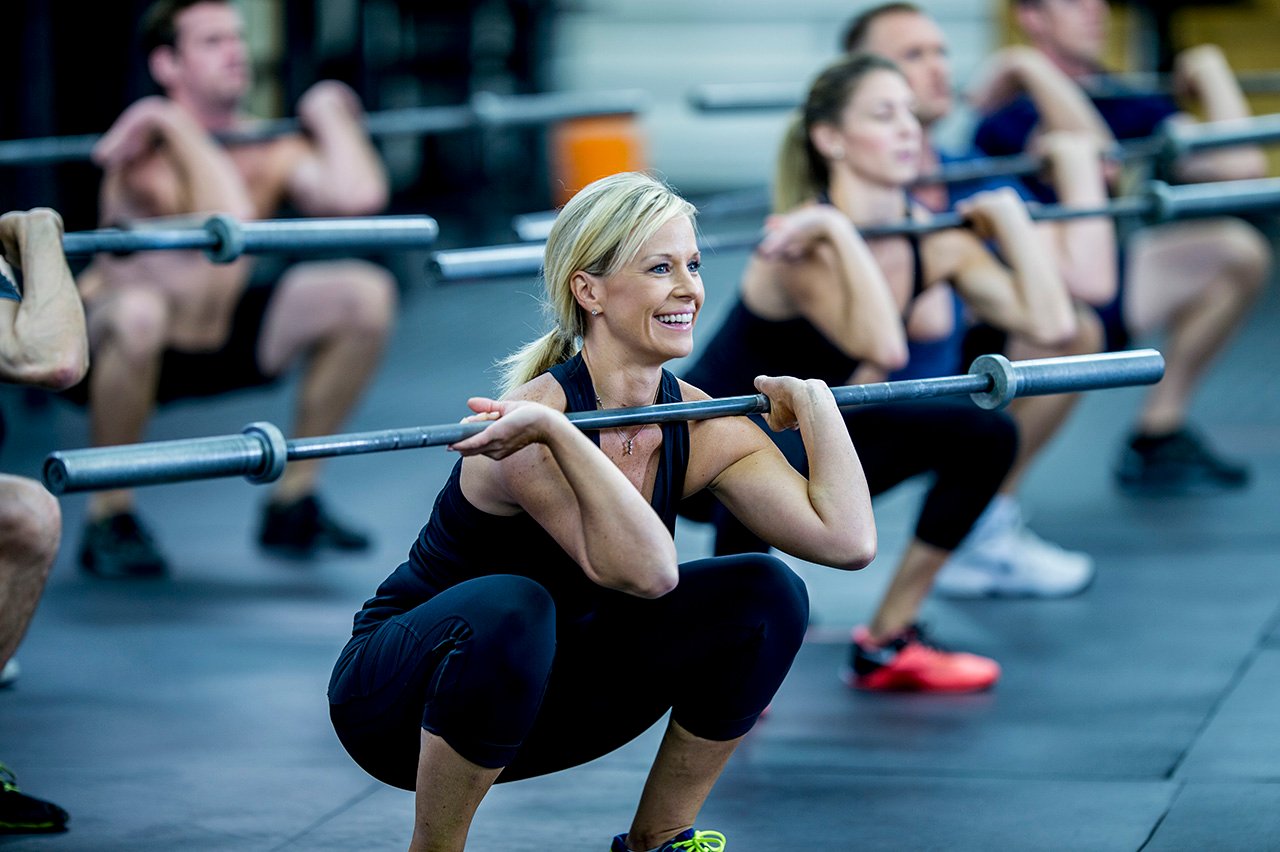Pelvic Floor 101: Understanding the Basics of Your Pelvic Floor
The term "pelvic floor" has gained significant attention in the health and fitness industry...
By: Sera Caldwell on Feb 5, 2023 12:53:34 PM

Preparing your body for menopause is important because it can help reduce the negative effects of the hormonal changes that occur during this time.
Here are a few reasons why it's important:
Prevent Osteoporosis: During menopause, estrogen levels decrease, which can cause bone loss and increase the risk of osteoporosis. Building strong bones and maintaining healthy bone density through weight-bearing and resistance exercises can help prevent this.
Maintain a Healthy Weight: Hormonal changes during menopause can lead to weight gain, and physical inactivity can also contribute. Engaging in regular physical activity and maintaining a healthy diet can help prevent weight gain and support a healthy weight.
Improve Mood and Sleep: The hormonal changes of menopause can impact mood and sleep, leading to feelings of irritability, depression, and insomnia. Exercise has been shown to improve mood, reduce stress, and improve sleep, which can be especially beneficial during menopause.
Reduce Cardiovascular Risk: The hormonal changes of menopause can increase the risk of cardiovascular disease. Regular physical activity and a healthy diet can help reduce this risk by improving heart health and reducing inflammation.
It is important to note that these symptoms may vary in intensity and duration for each woman, and it is important to speak with a doctor before making any changes to your health routine, as individual needs and circumstances vary.
Resistance Training: Resistance training can help increase lean muscle mass, boost metabolism, and improve bone density, which can be particularly beneficial for combating the negative effects of menopause.
Weight-Bearing Exercises: Weight-bearing exercises, such as walking, running, jumping, or weightlifting, can help improve bone density, which can help prevent osteoporosis, a common issue during menopause.
Aerobic Exercise: Aerobic exercises, such as cycling, swimming, or dancing, can help reduce hot flashes, improve mood, and promote cardiovascular health.
Yoga and Pilates: These mind-body exercises can help reduce stress, improve flexibility and balance, and relieve joint and muscle pain, all of which are common during menopause.
Take control of your transition into menopause NOW by building lean muscle mass, triggering a healthier metabolism, and increasing bone density through resistance training and weight-bearing exercises to increase muscle mass and bone density, as well as keeping a balanced diet that includes enough protein and calcium can also help maintain bone health. Additionally, engaging in regular physical activity helps boost metabolism and maintain a healthy weight so that you can feel confident and stay active.
Let's go ladies! You got this!
The term "pelvic floor" has gained significant attention in the health and fitness industry...
One common misconception we hear at Empowered to Shine is that online personal training should be...